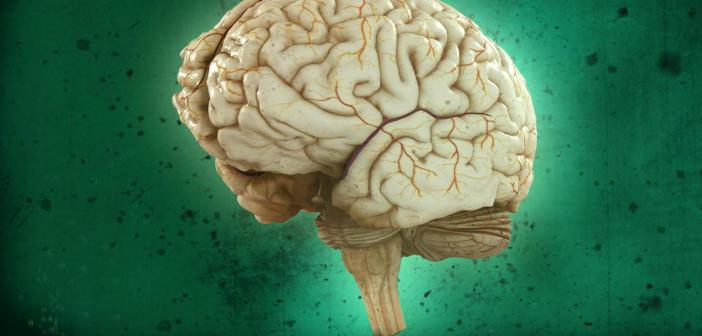In recent years, the Mayo Clinic researchers have created a test to help individuals score their memory’s strengths and problems in order to find how much they are at risk of diseases linked to dementia or Alzheimer’s. The memory test that predicts dementia and Alzheimer’s in a person’s future typically measures a patient’s ability to learn and remember. Those who have been assessed with memory tests in the past include patients who have suffered a major head injury or trauma, which in effect caused a disruption in their memory or ability to recall, or aging patients in geriatrics cases who have developed signs of slight memory loss. The benefits to a scoring system are great; for one, it is far less costly than procedures involving a PET or MRI scan, so those who don’t have health insurance or those who simply can’t afford such procedures can still locate memory loss problems ahead of time; for another, they can be carried out on patients anywhere at anytime; of course, the best part of memory tests and their ability to predict memory loss diseases is treatment options and time to handle such cases ahead of time.
The Mayo Clinic studies have created a three-stage process to the memory test’s predictions. The first stage is to establish the individual’s history from medical records while also taking into consideration the person’s gender, age, and whether or not his or her family has a history of dementia and Alzheimer’s which might cause him or her to be more prone to such disease. The second stage is the actual mental test which provides the expert with a list of any psychological symptoms such as general anxiety or depression which may indicate problems related to memory and cognition. The third and final stage of the memory test is blood extraction which tests for the APOE 4 gene, as those who carry it have been found to be at higher risk of dementia than those who do not.
MemTrax also said on their website, “In addition to predicting possible diagnosis of dementia and Alzheimer’s memory tests also help health experts indicate who might be more susceptible to cognitive impairments than others. The ability to recall, think and make sound judgments are part of the memory test that enables professionals to measure one’s cognitive abilities. These indications are helpful to know beforehand in case a family needs to make a decision about care taking procedures ahead of time.”
Evidence of cognitive or memory impairment can be found very early on. The best way to treat patients with cognitive or memory failure is to find the signs ahead of time. With this three-prong approach at memory testing, those who are at-risk of these diseases can handle their treatment with simple changes in their day-to-day through exercise for physical and mental well-being, as well as work on reducing the risk for heart disease. What a person can learn from a simple memory test today can help a patient increase his or her chances at longevity and avoid complications later on when it’s too late. Undiagnosed medical problems that are found too late in the stage can be detrimental not only to the patient but the patient’s loved ones as well.
Considering the facts that memory tests can inform us with today, as well as the benefits of knowing how to face a problem head-on ahead of time, physicians are increasingly speaking to patients about taking a memory test for aging patients. Those who are over the age of 60 can benefit a great deal from a simple memory test and should speak to physicians on the procedures ahead of time. This way, family members and the patient him or herself can make advance preparations if and should the results indicate a high vulnerability to cognitive and memory impairments in the future.




